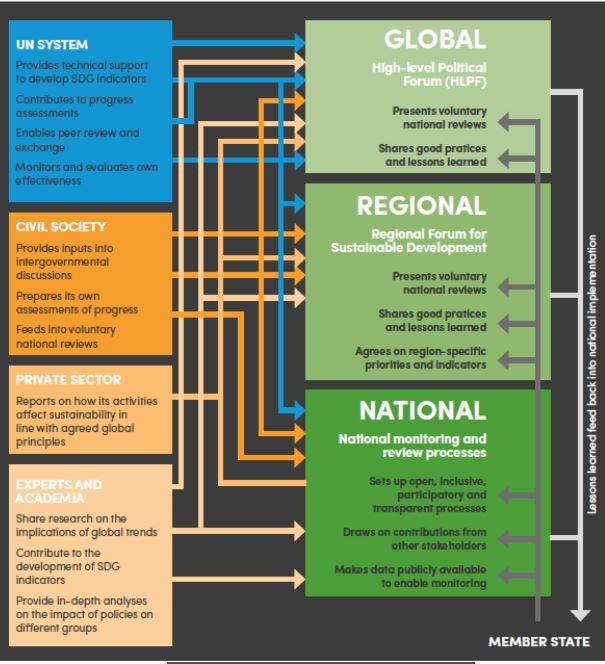Training Toolkit
The Shaping Fair Cities (SFC) Project encourages cities and sub-national governments to be key actors in achieving the Sustainable Development Goals (SDGs) enshrined in the 2030 Agenda. Great emphasis is given on the establishment of adequate and inclusive local migration policies that, in times of great migration and refugee flows, should be implemented to release the full potential of migration and of migrants as agents of sustainable development. In doing so, the SFC Project underlines the importance to integrate strategies to combat climate change adverse impacts (Goal 13) and a gender-based approach (Goal 5) in migration governance responses at the local level.
By raising awareness in the territory of State partners, as well as by proactively involving a broad range of relevant development actors in the local implementation of the 2030 Agenda - among which local policy makers, citizens, civil servants and Civil Society Organizations (CSOs), trade unionists, journalists, volunteers, and the private sector – the present Toolkit, foreseen as key operational instrument of the Project, provides the participants of the pilot event “Training of Trainers” with the necessary theoretical basis and practical tools to widely share the contents of the 2030 Agenda in their country.
In particular, the Toolkit provides an exhaustive description of both the 2030 Agenda and the SDGs, revealing not only their interlinked nature, but also their interconnections with migration. It lays down a set of guidelines, tools, and advice for their local implementation, by outlining examples of good local practices and models to implement projects and policies in line with the SDGs. Additionally, this Toolkit is meant to be the main tool for the development of other activities, namely the International Training of Trainers, the National trainings, and the University Summer/Winter Schools.
To achieve these aims, the first theoretical part of the Toolkit will set out the nature, the scope, and the core principles of the 2030 Agenda and SDGs with specific didactic activities on those Goals identified as priorities by the SFC project, namely migration, climate change, and gender, and their intersections.
The second part, more practical and pedagogic, aims at providing the audience with the tools of the trade, enriching their background with concrete techniques, inspiring approaches and good practices to implement SDG 5, 11, 13, and 16 respectively in their own territories. The lessons will go therefore hand in hand with concrete training exercises, teamwork activities and the presentation of successful local initiatives to implement the Agenda.

